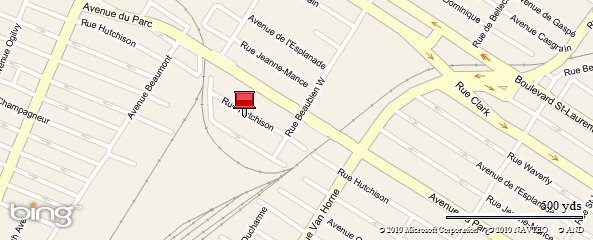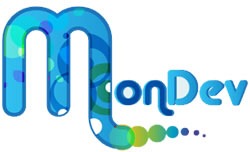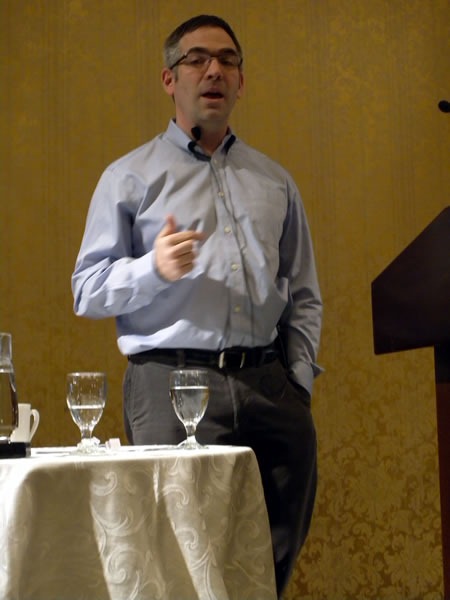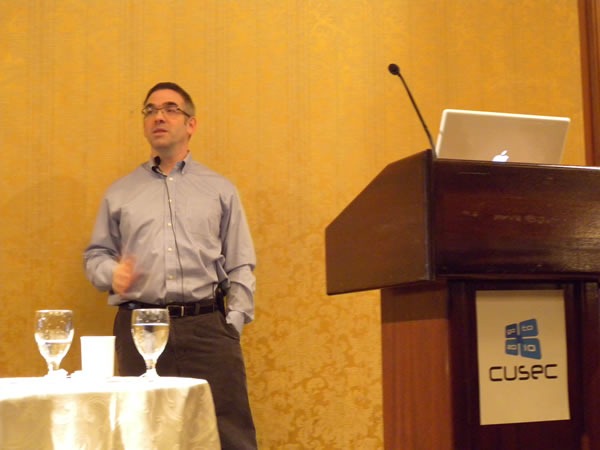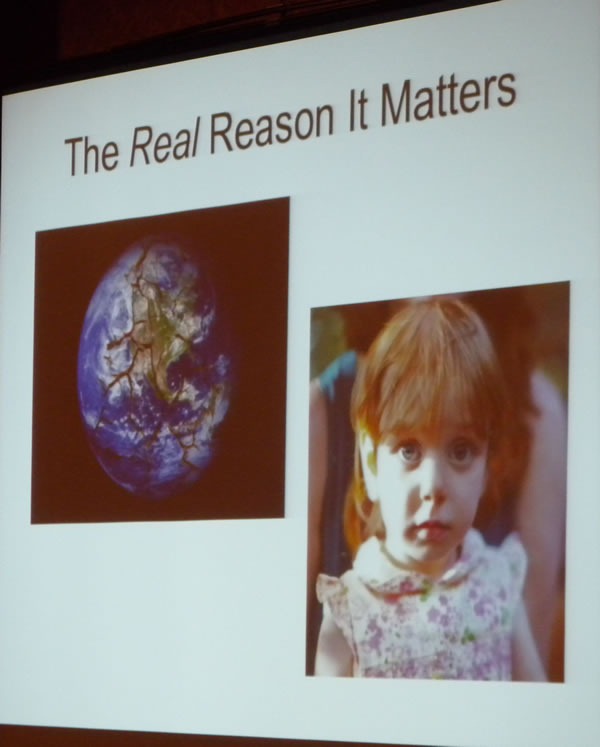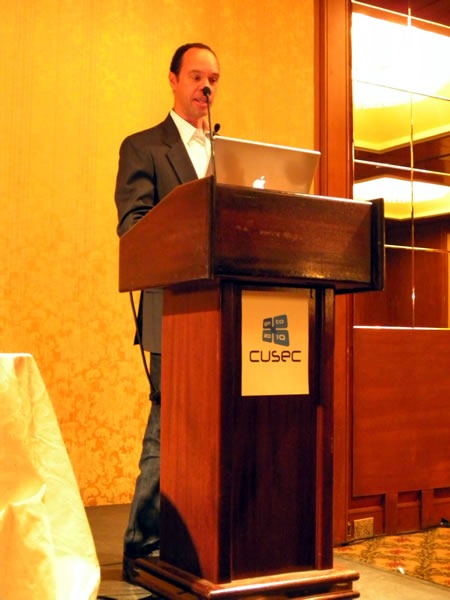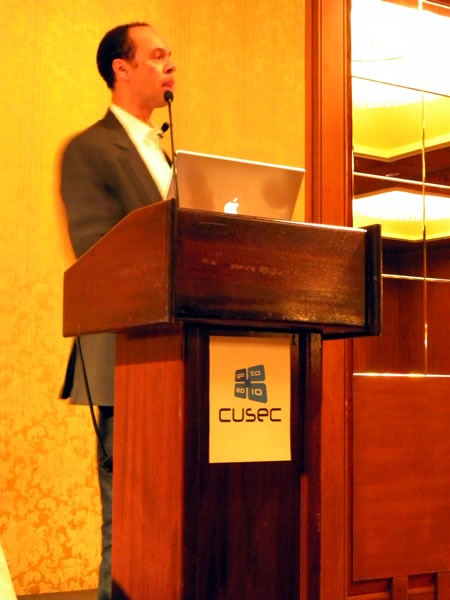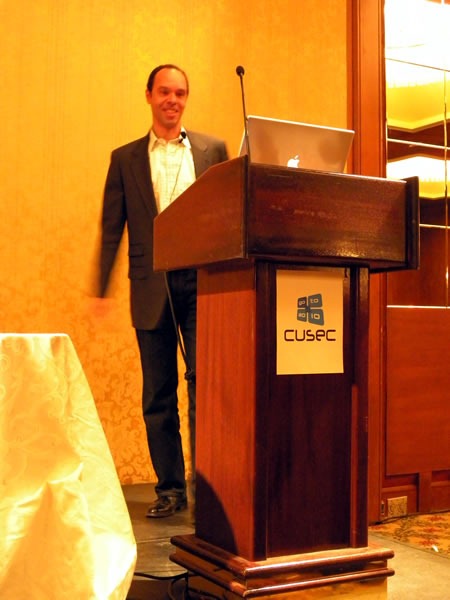 Pre-manufacturing Windows Phone 7 devices are incredibly hard to come by, but we’re working on ways for you to test your WP7 apps on the real thing. One way we’re doing this is by holding “Deployment Clinics” all over Canada.
Pre-manufacturing Windows Phone 7 devices are incredibly hard to come by, but we’re working on ways for you to test your WP7 apps on the real thing. One way we’re doing this is by holding “Deployment Clinics” all over Canada.
Today (Thursday, Sept 2): Toronto
- If you’re in downtown Toronto, I’ll be holding a Windows Phone 7 Coffee and Code from 11:00 a.m. to 5:00 p.m. today at the Starbucks at King and Yonge (northwest corner, right above King subway station). We’ll be at the big table in the back. Bring your Windows Phone 7 app and see how it runs on a real phone!
Friday, September 3: Calgary and Toronto
- Hey, Calgary! John Bristowe will be holding a Windows Phone 7 Coffee and Code from 9:00 a.m. to 12 noon at Kawa Espresso Bar (1333 8th Street SW). He’ll have a Windows Phone 7 device, so bring your apps!
- Toronto WP7 developers get a second shot at deploying their apps to a WP7 device: I’ll be holding another Windows Phone 7 Coffee and Code from 11:00 a.m. to 5:00 p.m. at the Starbucks at King and Yonge on Friday.
Next Week: Montreal
It doesn’t matter if you’re a Francophone, Anglophone or allophone: we want you to come see and deploy to Windows Phone!
Thursday, September 9th
A Microsoft Canada event: Windows Phone 7 Night in Montreal (featuring a developer device!)
5:30 – 8:30 p.m. at the Microsoft Montreal office (2000 Ave McGill College, Suite 450, Montreal)
Join Christian Beauclair from Microsoft Canada, along with Colin Melia from DreamDigital, for an evening about Windows Phone 7 in the flesh. That’s right, they’ll be there in person, oh and so will a real developer device!
In October, Microsoft will start accepting application submissions on the mobile marketplace for Windows Phone 7 applications, with devices being available at retail shortly thereafter.
Will you be one of the first developers selling a cool application? Are you an IT Pro that wants to figure out how these devices fit into your organization? To get to grips with this new mobile platform and build on your existing .NET and infrastructure knowledge, you’ll need to know the features of the new phone platform.
Visual Studio 2010 together with the WP7 tools make building applications a delightful experience. During this evening event, you’ll have the opportunity to see the phone in action, learn about the tools and understand how the phone integrates into your enterprise.
You absolutely must be registered to attend.
Friday, September 10th
Deployment clinic at the Microsoft Montreal office (2000 Ave McGill College, Suite 450, Montreal)




